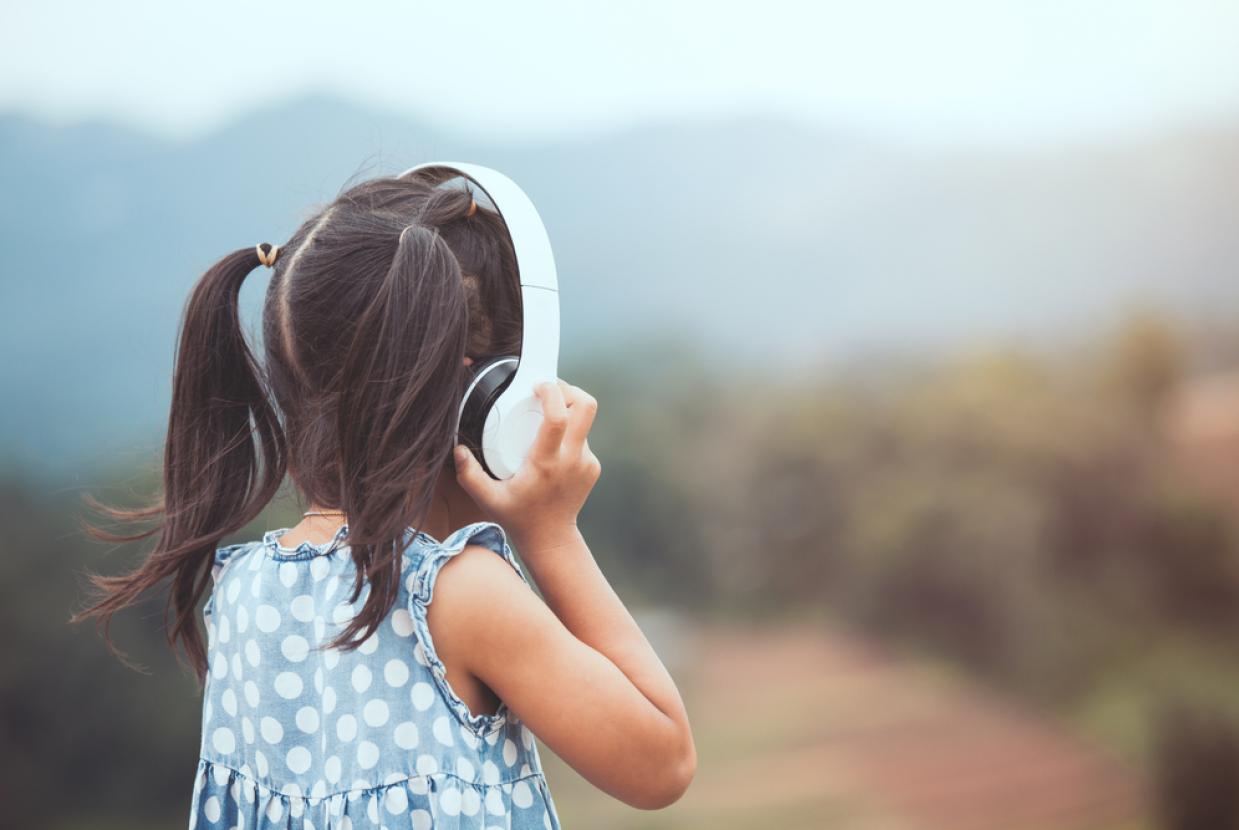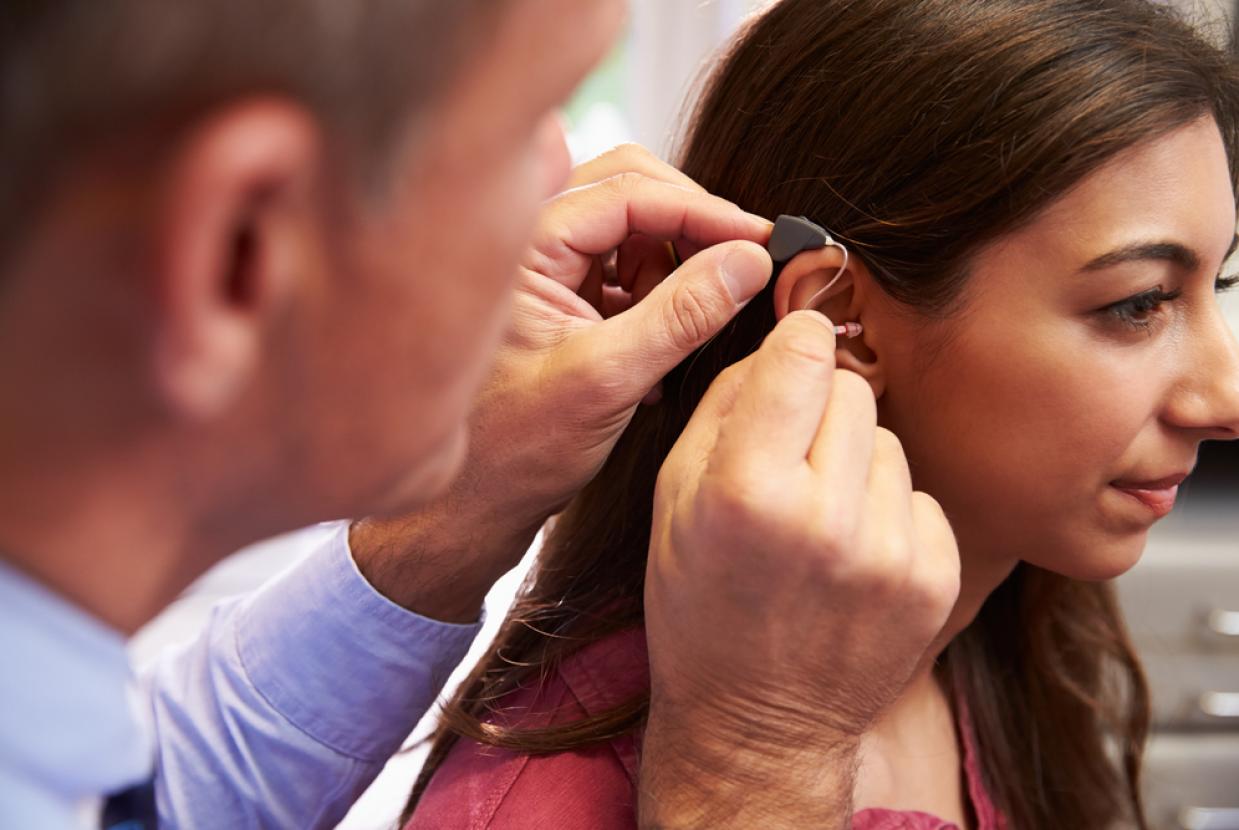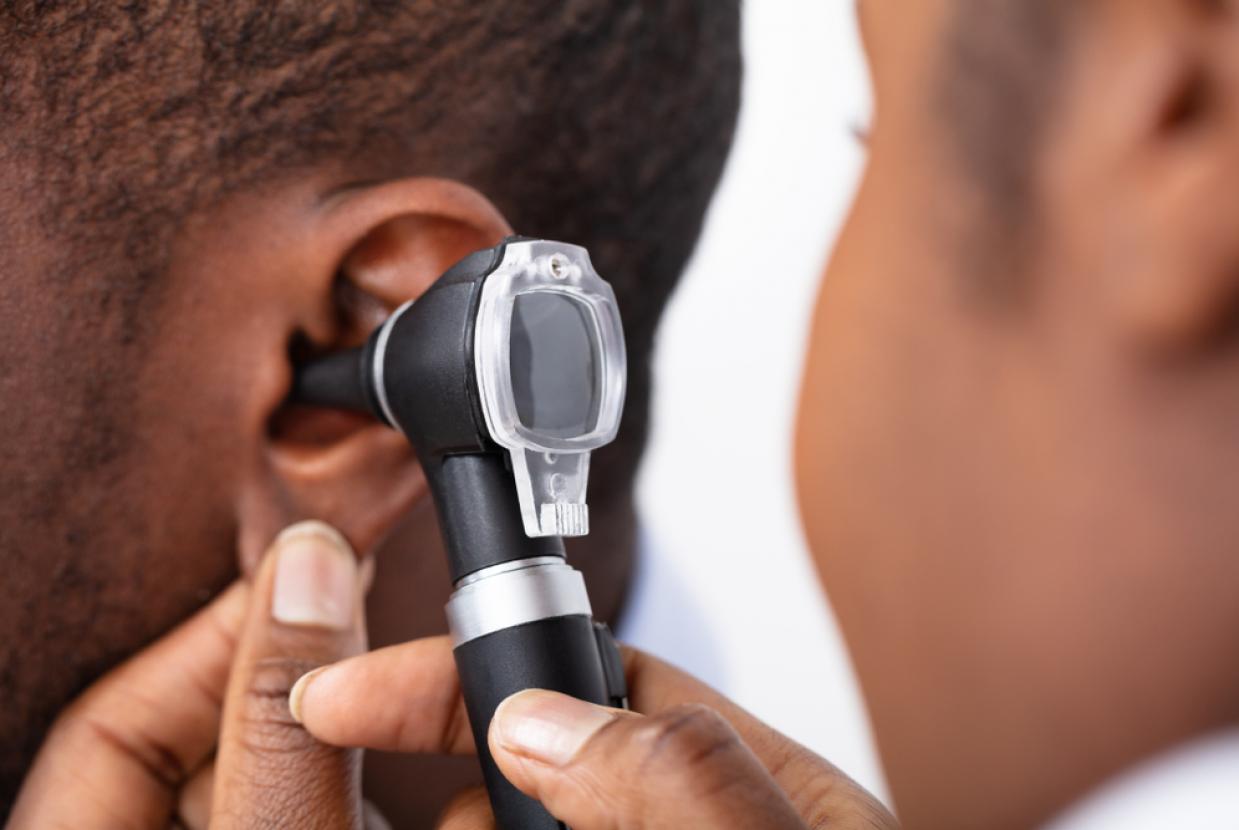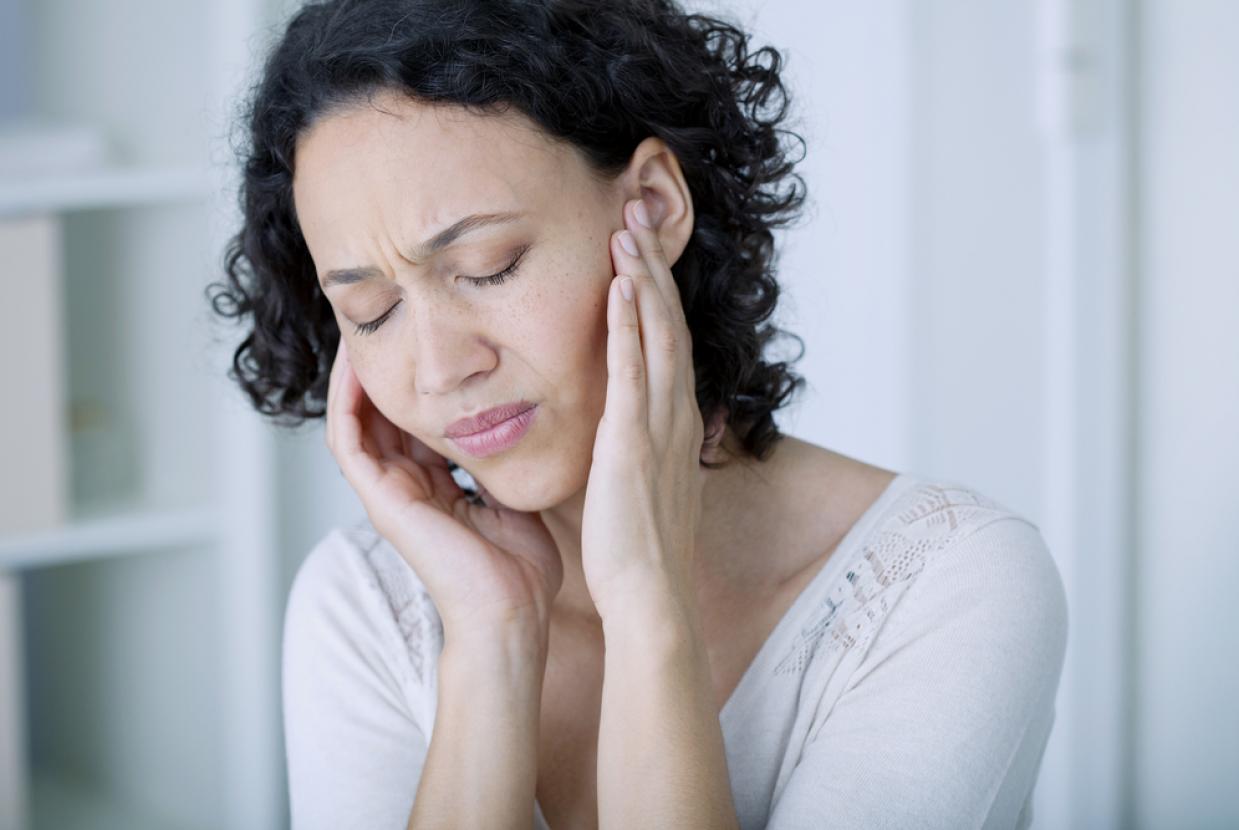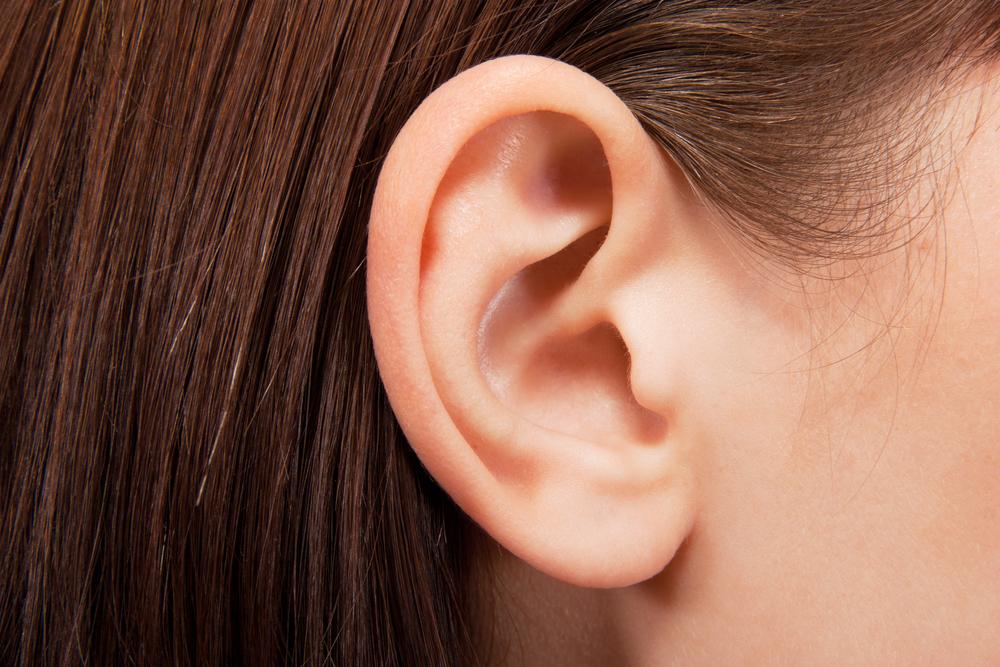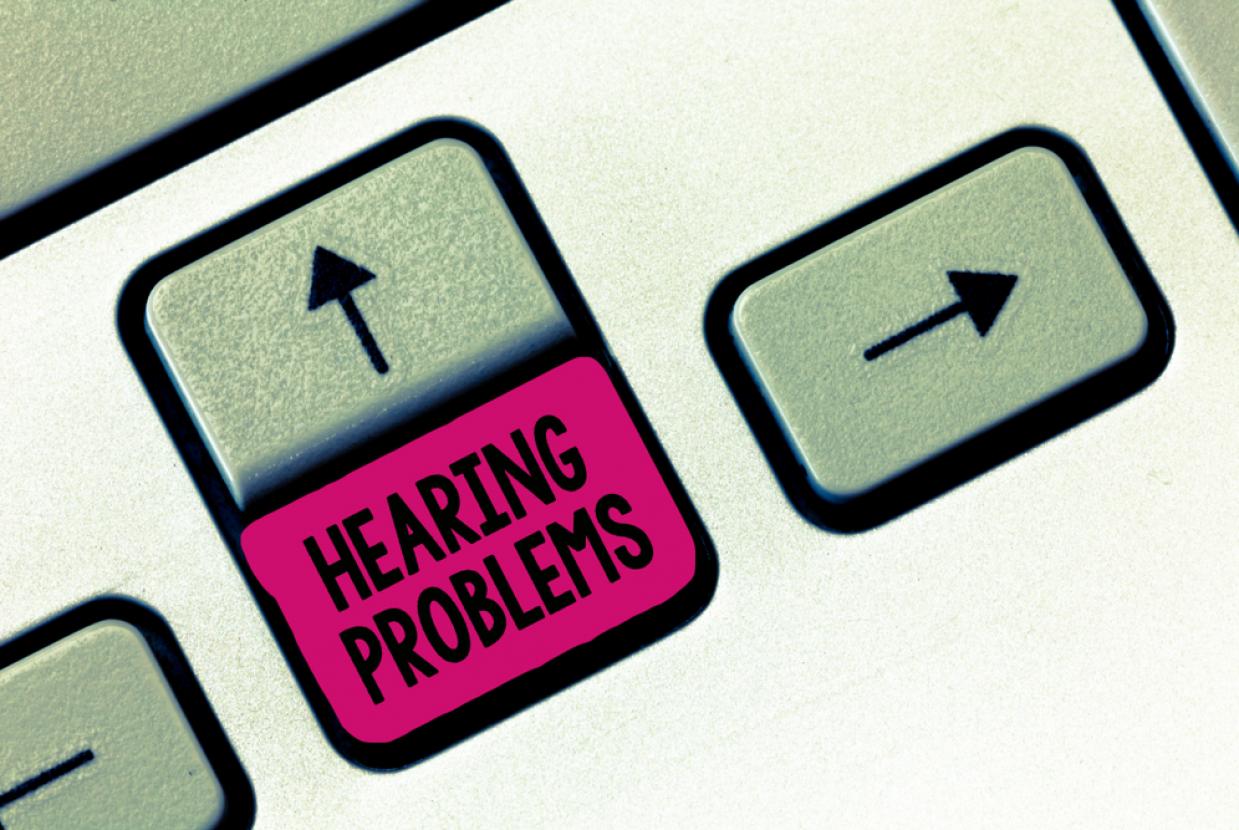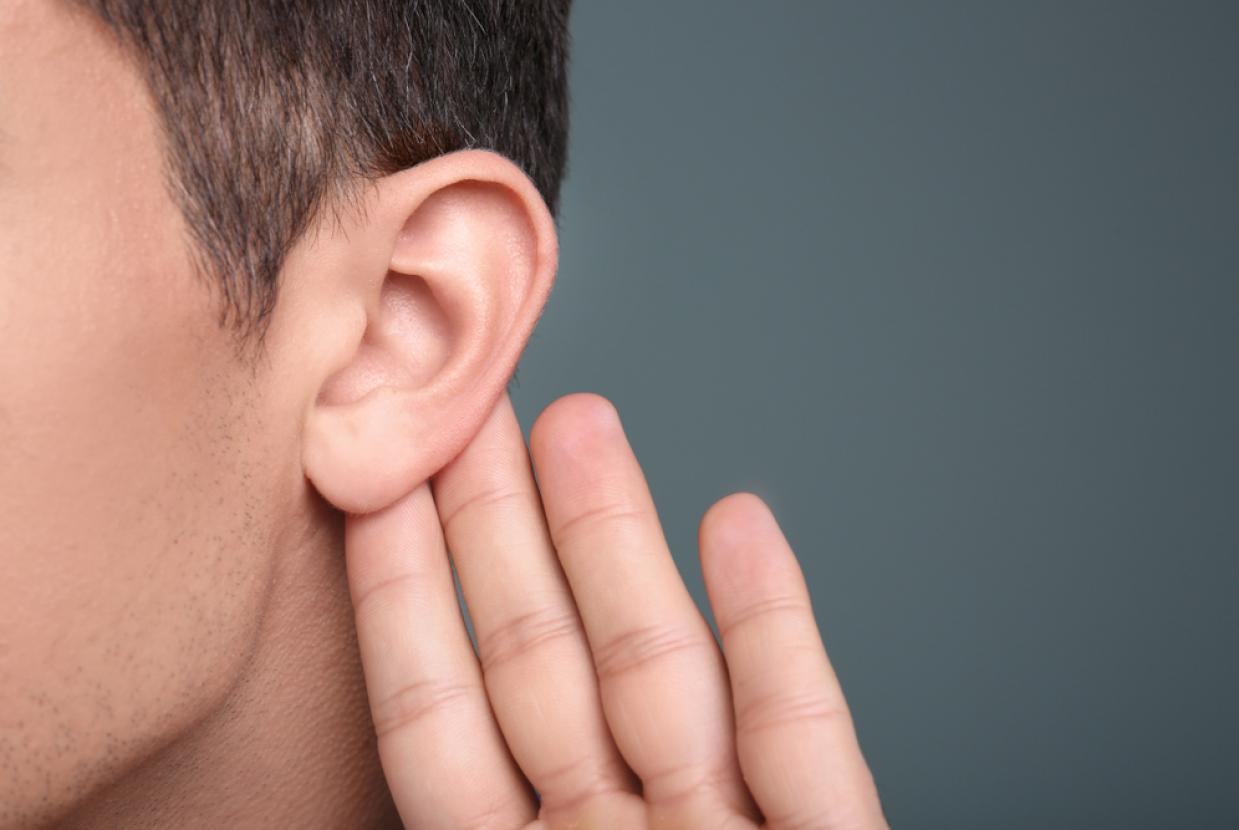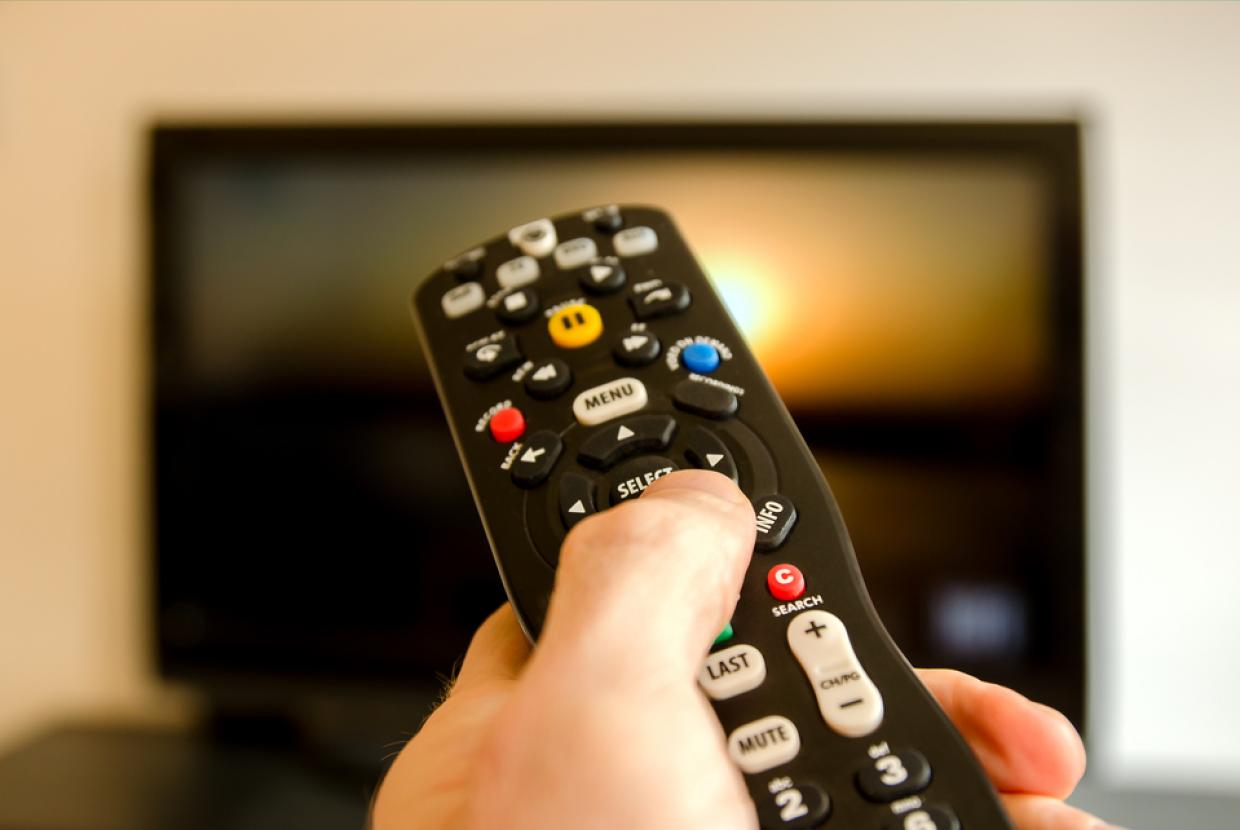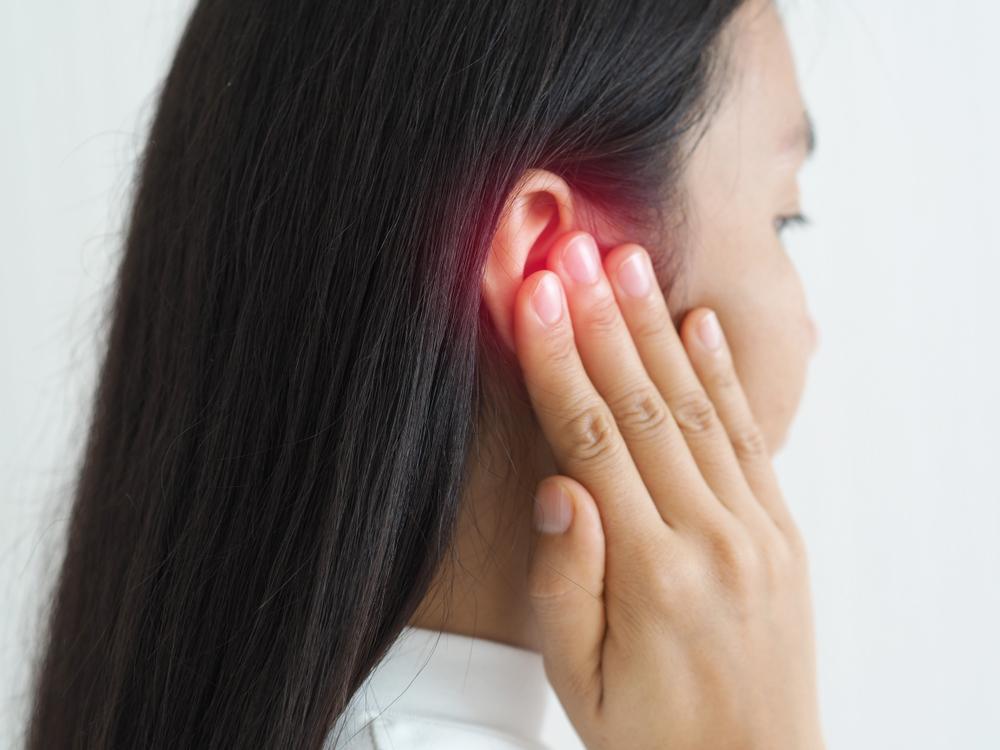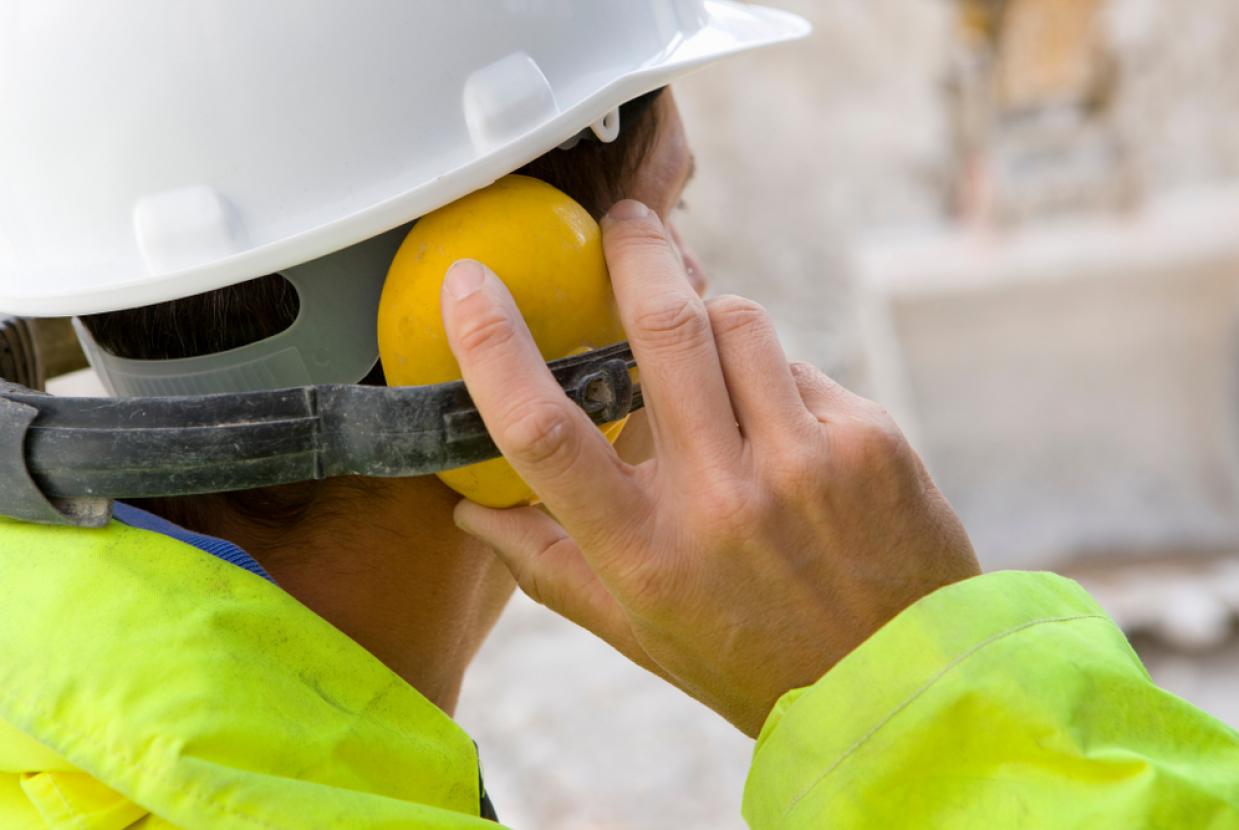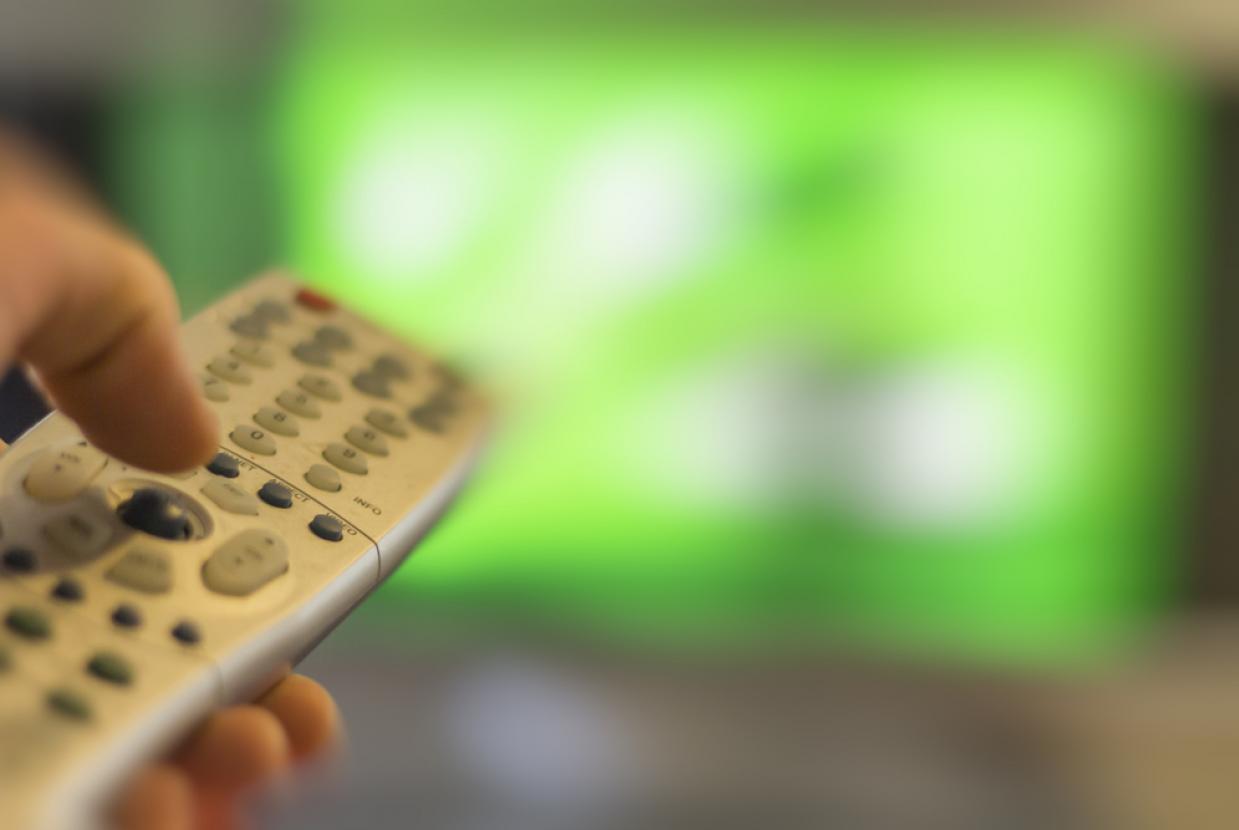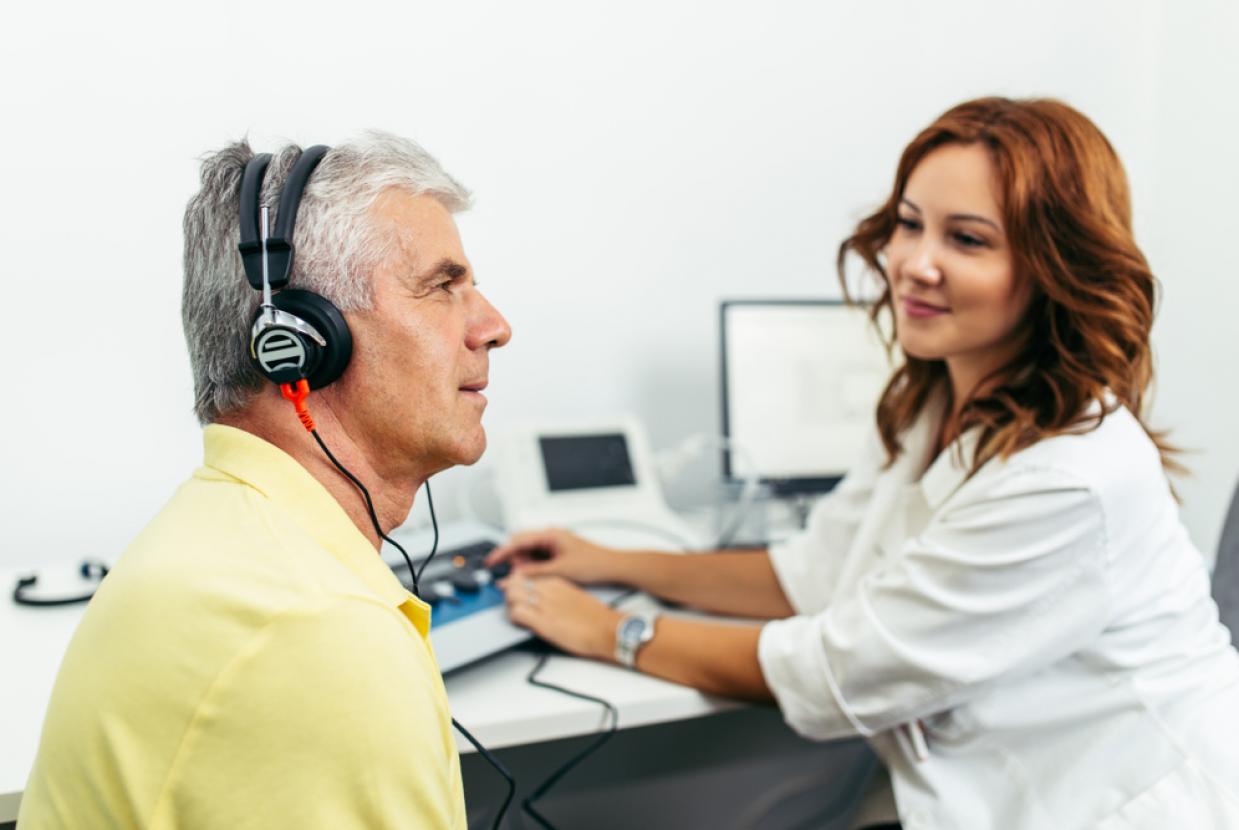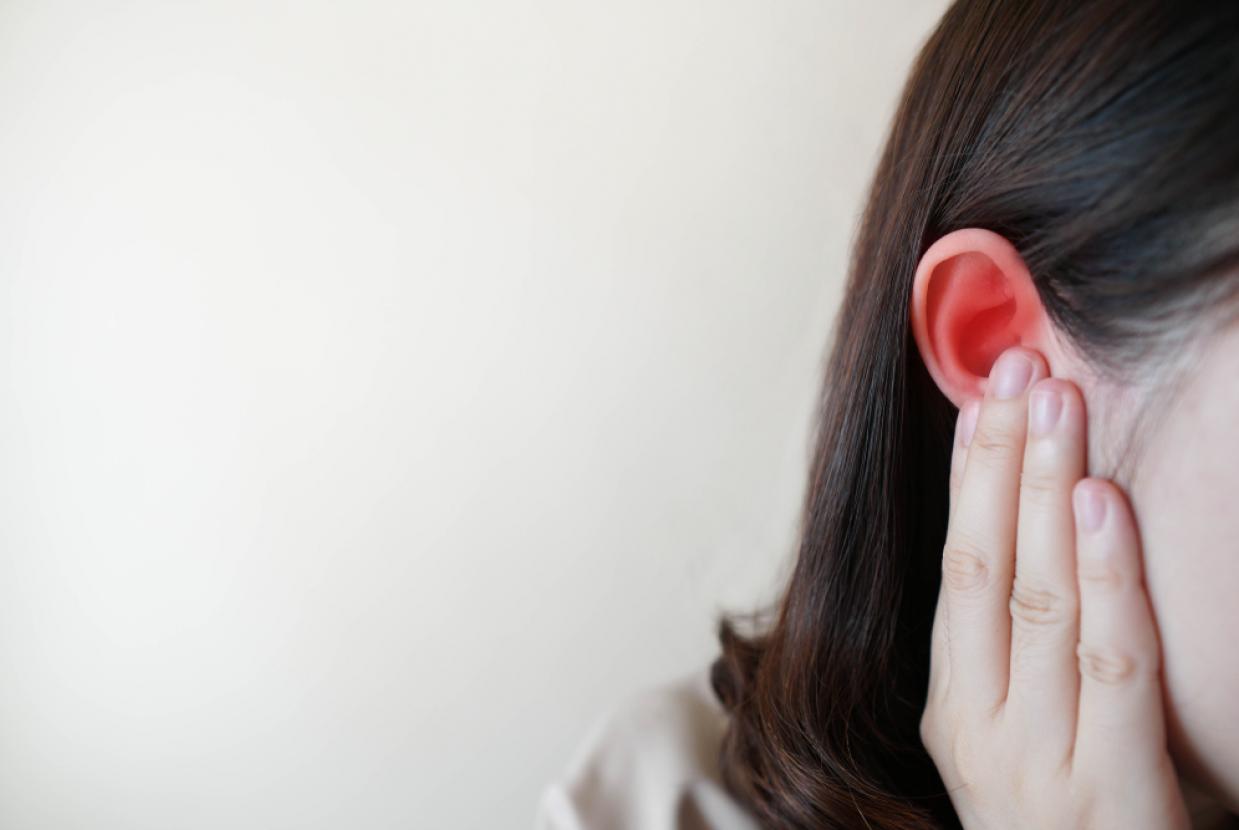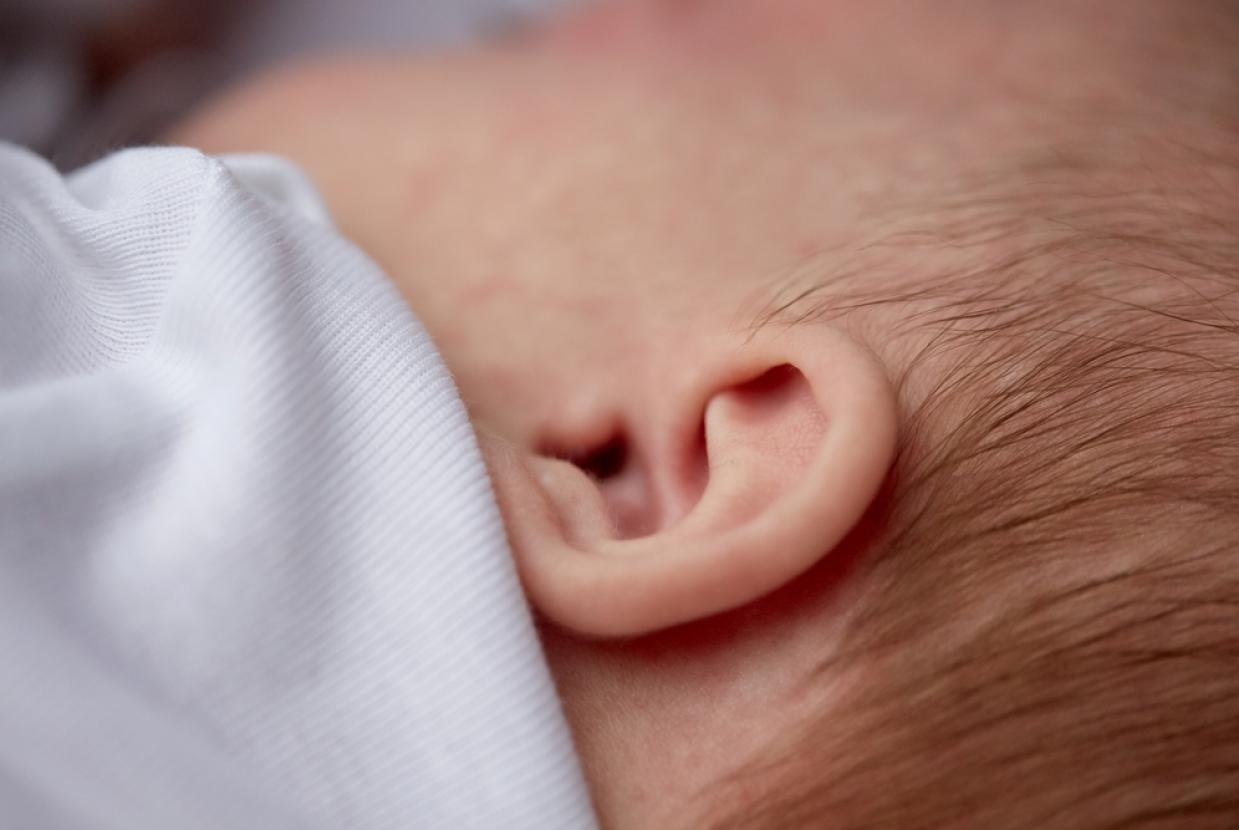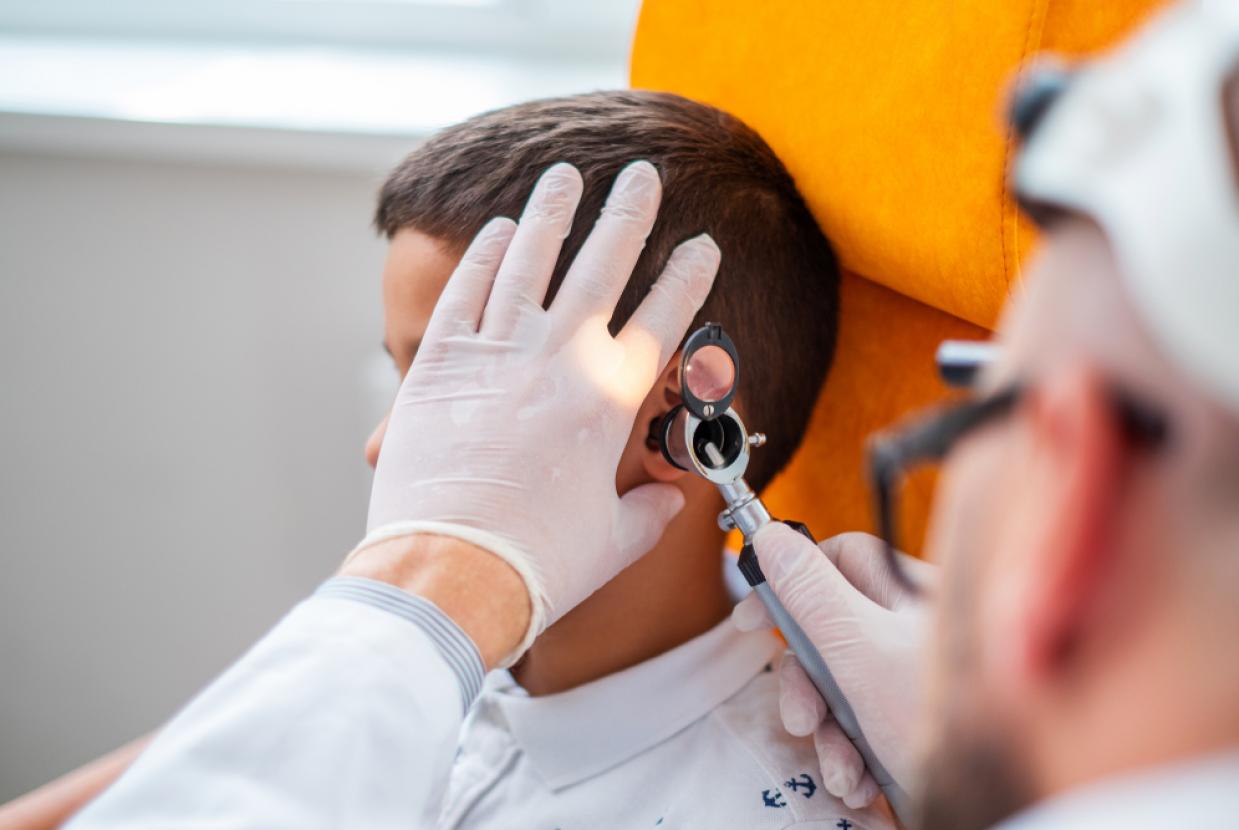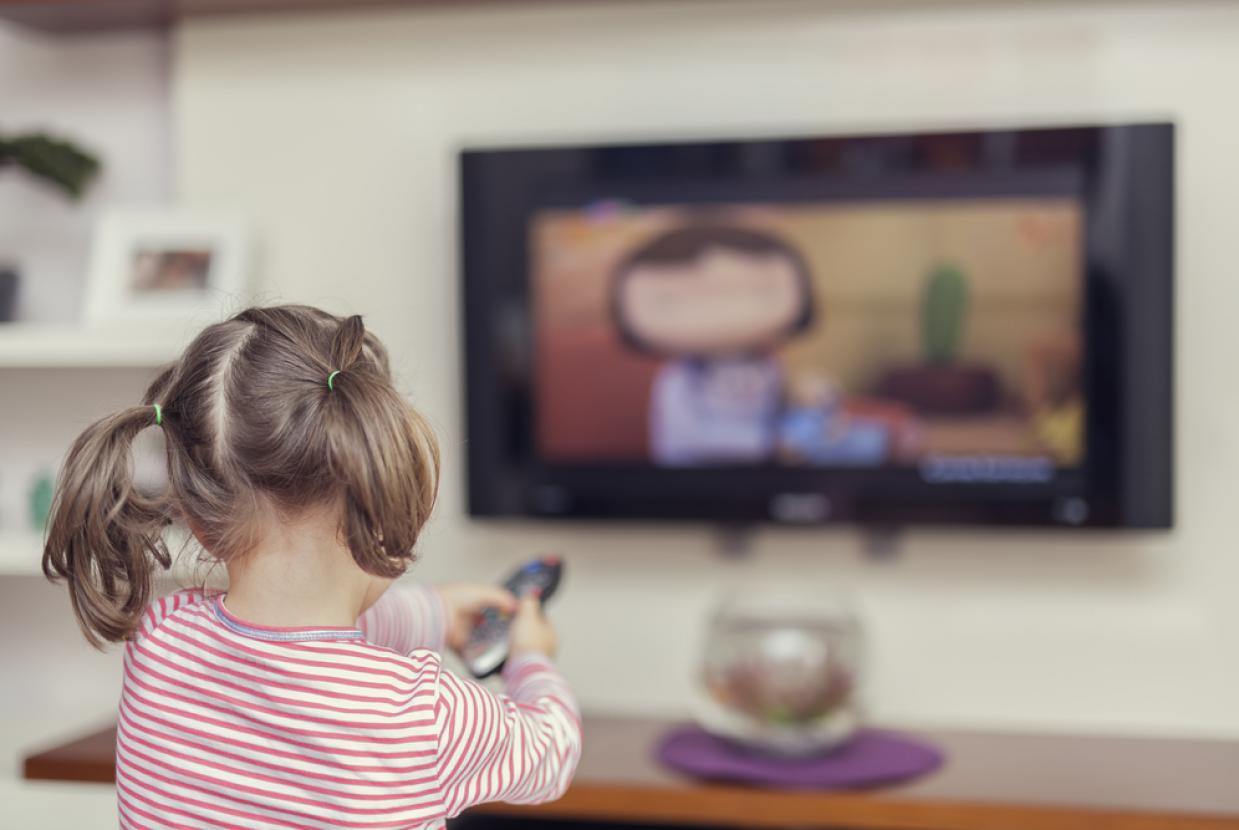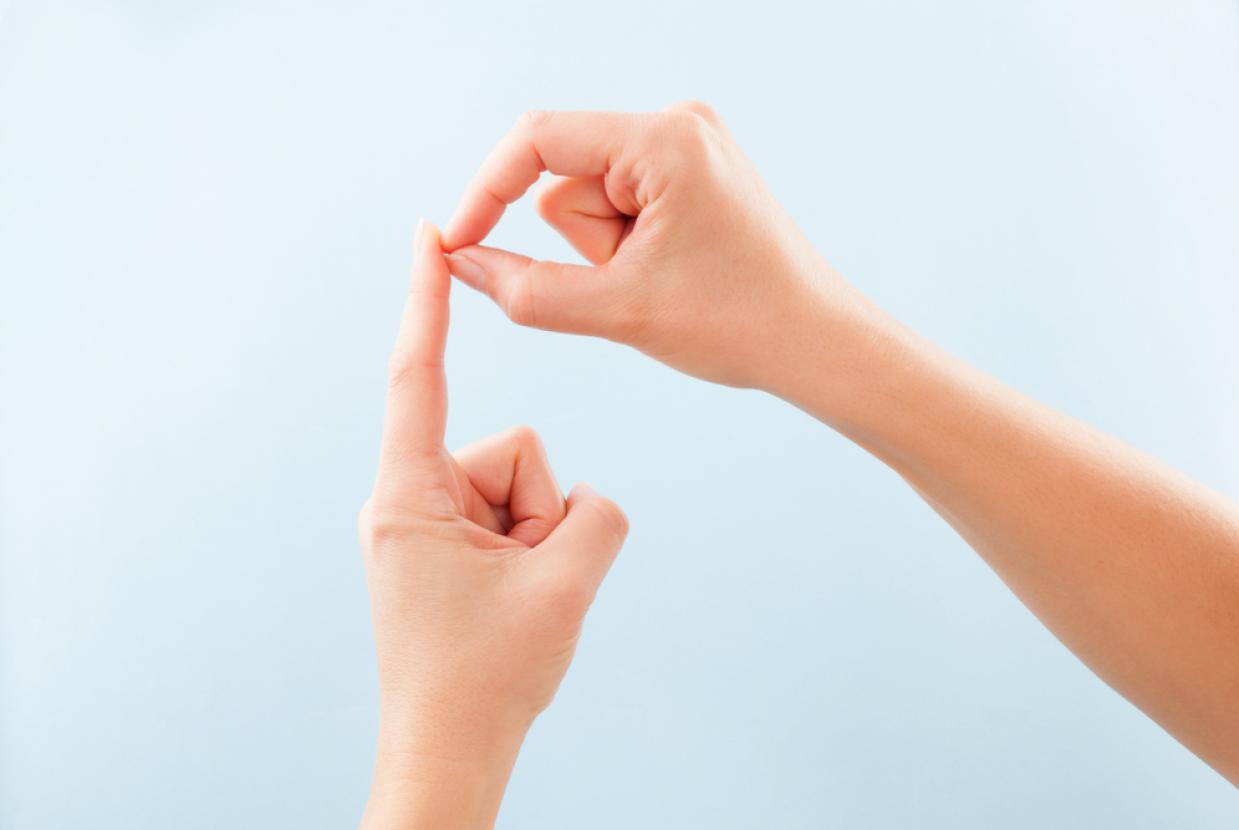Hearing Loss In Children
There are a number of reasons why a child may have a hearing problem, including temporary hearing loss from a common illness such as a common cold.
Some possible causes of hearing loss that may be detected during routine tests include:
- glue ear – a build-up of fluid in the middle ear, which is common in young children
- infections that develop in the womb or at birth, such as rubella (german measles) or cytomegalovirus, which can cause progressive hearing loss
- inherited conditions which stop the ears or nerves from working properly
- damage to the cochlear or auditory nerves (which transmit hearing signals to the brain); this could be caused by a severe head injury, exposure to loud noise or head surgery, for example
- being starved of oxygen at birth (birth asphyxia)
- illnesses such as meningitis and encephalitis (which both involve swelling in the brain)
Routine hearing tests are offered to newborn babies and children to identify any problems early on in their development. Although serious hearing problems during childhood are rare, early testing ensures that any problems are picked up and managed as early as possible.
Why hearing tests are important
Hearing tests carried out soon after birth can help identify most babies with significant hearing loss, and testing later in childhood can pick up any problems that have been missed or have been slowly getting worse.
Without routine hearing tests, there's a chance that a hearing problem could go undiagnosed for many months or even years. It's important to identify hearing problems as early as possible because they can affect your child's speech and language development, social skills and education.
Treatment is more effective if any problems are detected and managed accordingly early on. An early diagnosis will also help ensure you and your child have access to any special support services you may need.
When will my child's hearing be checked?
Your child's hearing may be checked:
- Within a few weeks of birth – this is known as newborn hearing screening and it's often carried out before you leave hospital after giving birth. This is routine for all children and even those having a home birth will be invited to come to hospital to have this.
- From 9 months to 2.5 years of age – you may be asked whether you have any concerns about your child's hearing as part of your baby's health and development reviews, and hearing tests can be arranged if necessary.
- At around 4 or 5 years old – some children will have a hearing test when they start school, this may be conducted at school or an audiology department depending upon where you live.
Your child's hearing can also be checked at any other time if you have any concerns. Speak to a GP or health visitor if you're worried about your child's hearing.


